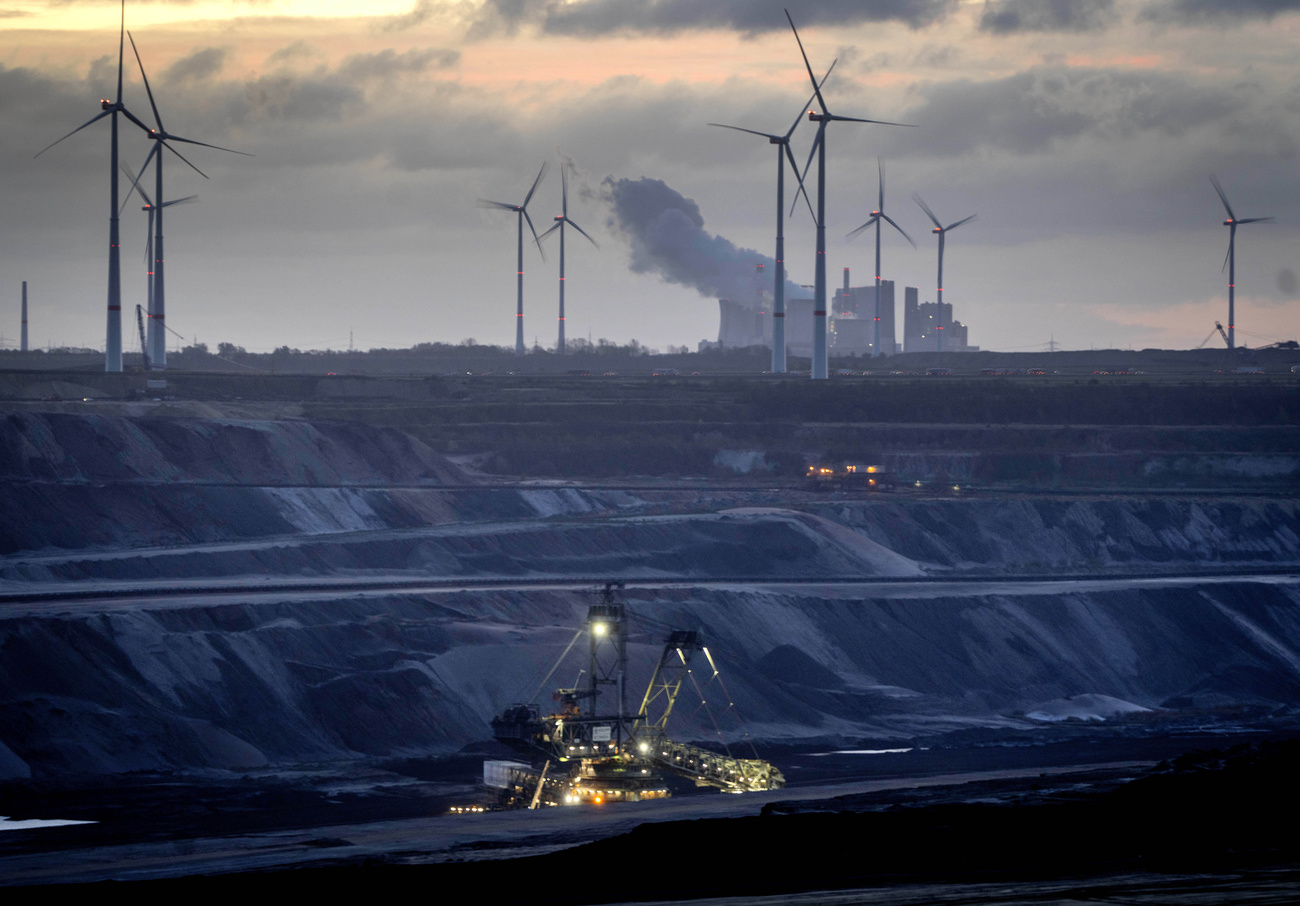Glencore’s coal conundrum that won’t go away
The Swiss mining giant has been treading a fine line between keeping its thermal coal assets and committing to climate goals. Its desire to take over another mining firm might change that.
First it was the climate activists, then the shareholders exerting pressure. It turns out, though, that the biggest impetus for Glencore to change its stance on coal is coming from another mining giant.
This week, Canadian mining firm Teck Resources rebuffed a second takeover bid attempt from the Swiss mining giant. Glencore had tried to allay concerns about its thermal coal business, which Teck said ran contrary to the global decarbonisation agenda and would drive away investors.
In the revised bid, Glencore offered to buy Teck shareholders out of the coal exposure and spin off the combined Teck-Glencore coal-mining businesses.
But the Teck CEO still wasn’t buying it. In response, Teck CEO Jonathan Price said that the bid doesn’t address major inherent risks including ESG (environmental, social and governance) risks and specifically called out the lack of a clear plan by Glencore to exit coal. The Canadian firm told the Swiss miner to spin off the thermal coal business and then come to talk to us.

More
Glencore shareholders demand more clarity on coal plans
Glencore has pledged to hit net-zero carbon emissions by 2050 but rather than sell off its thermal coal assets, the company has said the more responsible thing is to hold on to them and curb production. “On coal we always said, if there was strong support from shareholders to divest, it is something we would do,” Glencore chief executive Gary Nagle told investors recently. The position, though, hasn’t convinced climate campaigners and many activist investors especially as the company posted record profits in 2022 on the back of soaring coal prices.
Given all this, it’s not surprising that any announcement to spin off its coal business to win over Teck Resources would cause people to sit up. Glencore’s “careful coal message” has gone up in smoke, wrote the Financial TimesExternal link. Glencore denied the bid reflected a shift in its “responsible stewardship” strategy but many observers called it a U-turn from Glencore’s stated position.
What are your thoughts on coal? How should companies in the coal business tackle climate change? What does the transition away from fossil fuels look like? Send me a note: jessica.davis@swissinfo.ch.
Other stories that caught my eye:
Switzerland’s refineries are major recipients of gold from Africa. A report by NGO Swissaid found that two-thirds of the 142 business ties with Africa that it identified concerned the Switzerland-based refineries Metalor and MKS PAMP Group or the Rand Refinery in South Africa, which supplies gold to Swiss banks. The NGO has found human rights violations and environmental problems at the majority of the 125 mine sites analysed, and said transparency is sorely lacking.
A Geneva court upheld the conviction of Israeli diamond magnate Beny Steinmetz. He has been accused of bribing foreign officials, in connection with lucrative mining rights in the West African country of Guinea. The case involved an alleged plot, dating back to the mid-2000s, in which Steinmetz’s BSGR Group squeezed out a rival for mining rights on vast iron ore deposits in Guinea. The case is seen as a case study of how difficult it is to prove corruption.
Credit Suisse failure sends ripples across big companies. Too big to fail is the phrase of the month. After the government engineered a UBS takeover of Credit Suisse, many politicians are concerned that the country is too dependentExternal link on the even bigger UBS “monster bank”. But as the Neue Zürcher Zeitung notes, the economic importance of the two big banks has declined in the last few years. The big economic powerhouse is the Swiss pharmaceutical industry, which accounts for an increasing share of the country’s exports. The two big pharma companies – Roche and Novartis – are each worth three or four times as much as UBS on the stock exchange.

More
Swiss NGO unmasks African industrial gold trade
Pharmaceutical exports to Russia continue unabated. While many classic Swiss export sectors, such as the machine or watchmaking industry, have almost ground to a halt in trade with Russia, the pharmaceutical industry is posting record exports to the country. Two-thirds of Swiss exports to Russia are pharmaceuticals, most of which have a humanitarian exemption to sanctions. This is raising questions about whether the industryExternal link should be able to go about business-as-usual.
Nestlé says less than half its portfolio is unhealthy. The food giant acknowledged that the nutritional value of less than half its portfolio of mainstream food and drinks can be considered “healthy” using a commonly accepted definition, despite pressure on packaged food makers to make their products more nutritious.
About this newsletter: There are few better places to talk about multinationals than in Switzerland. It has one of the highest densities of big global companies and a reputation for turning a blind eye to their transgressions. In this newsletter, we take on a burning issue affecting multinationals in Switzerland, and feature the highs, lows, and everything in between to keep you up to speed on what the biggest companies in the world are up to.

In compliance with the JTI standards
More: SWI swissinfo.ch certified by the Journalism Trust Initiative

You can find an overview of ongoing debates with our journalists here . Please join us!
If you want to start a conversation about a topic raised in this article or want to report factual errors, email us at english@swissinfo.ch.